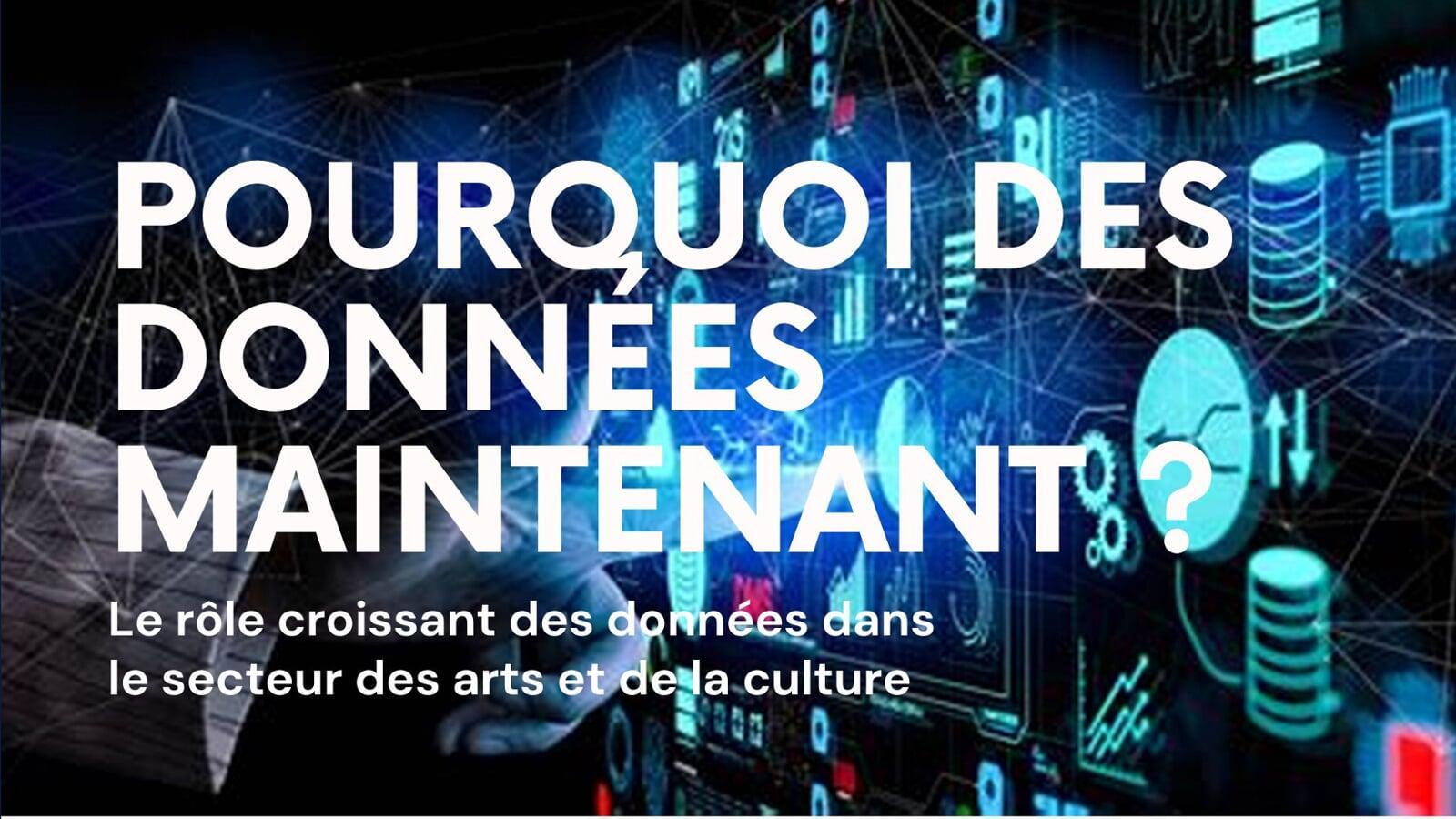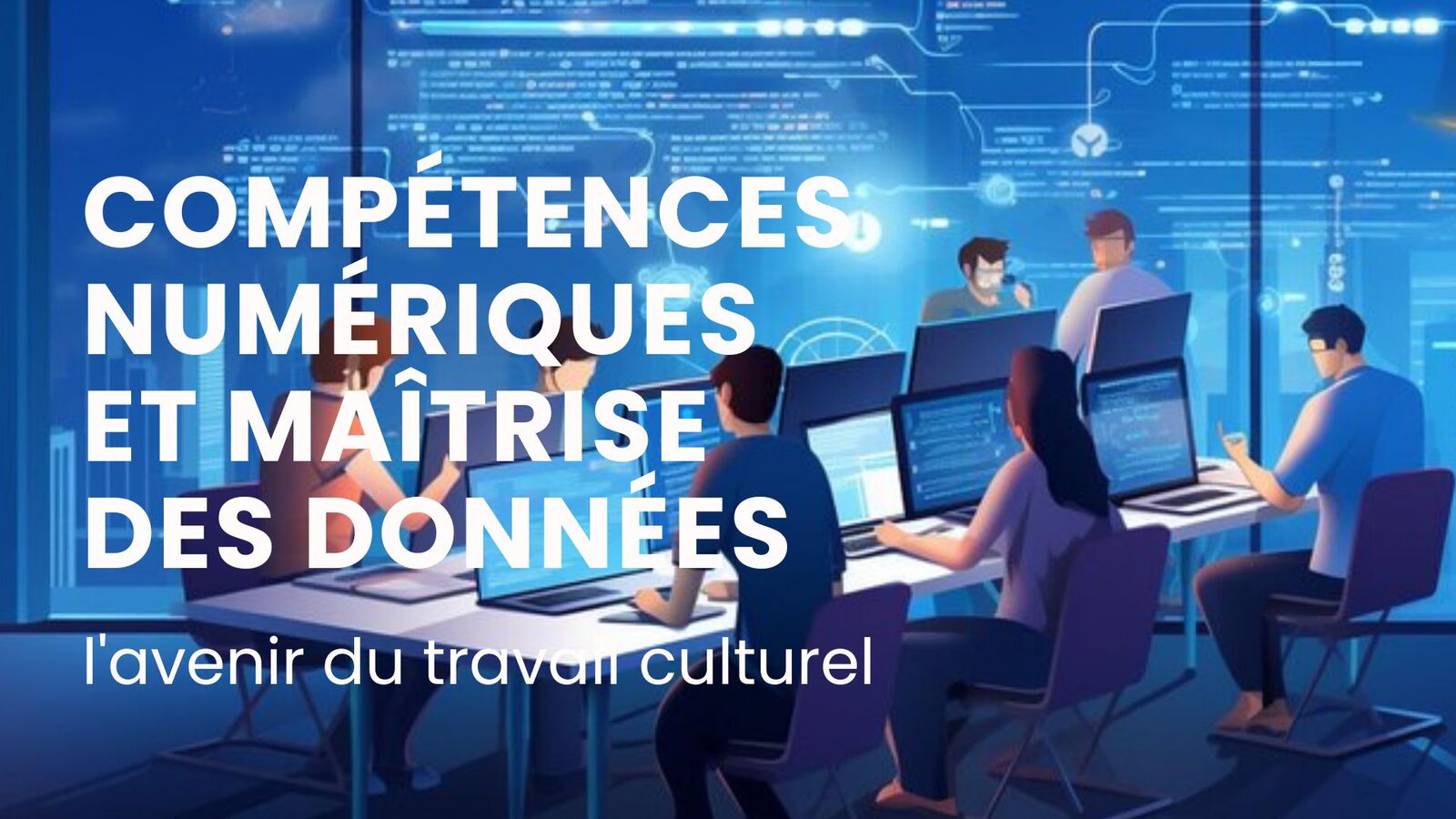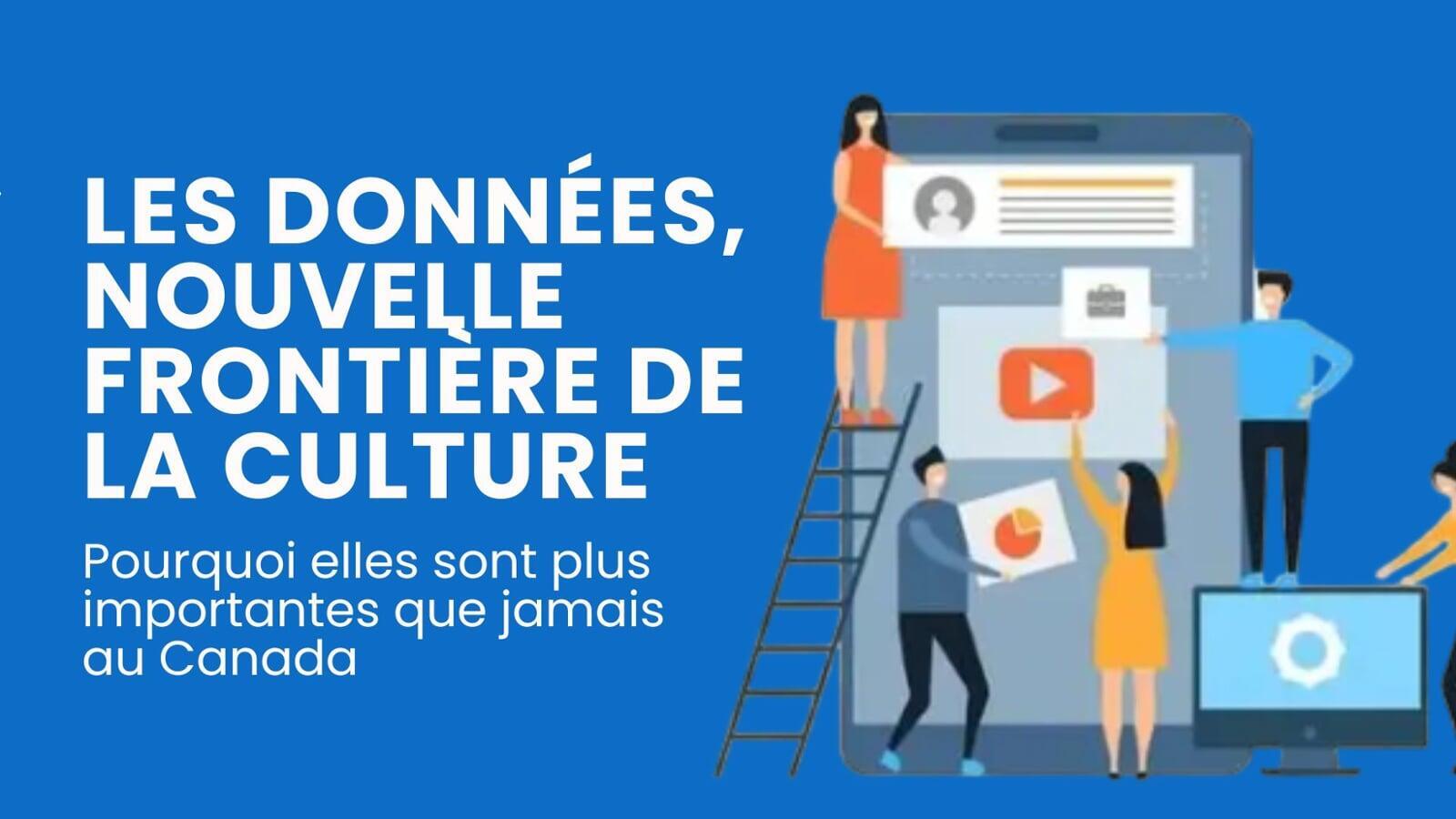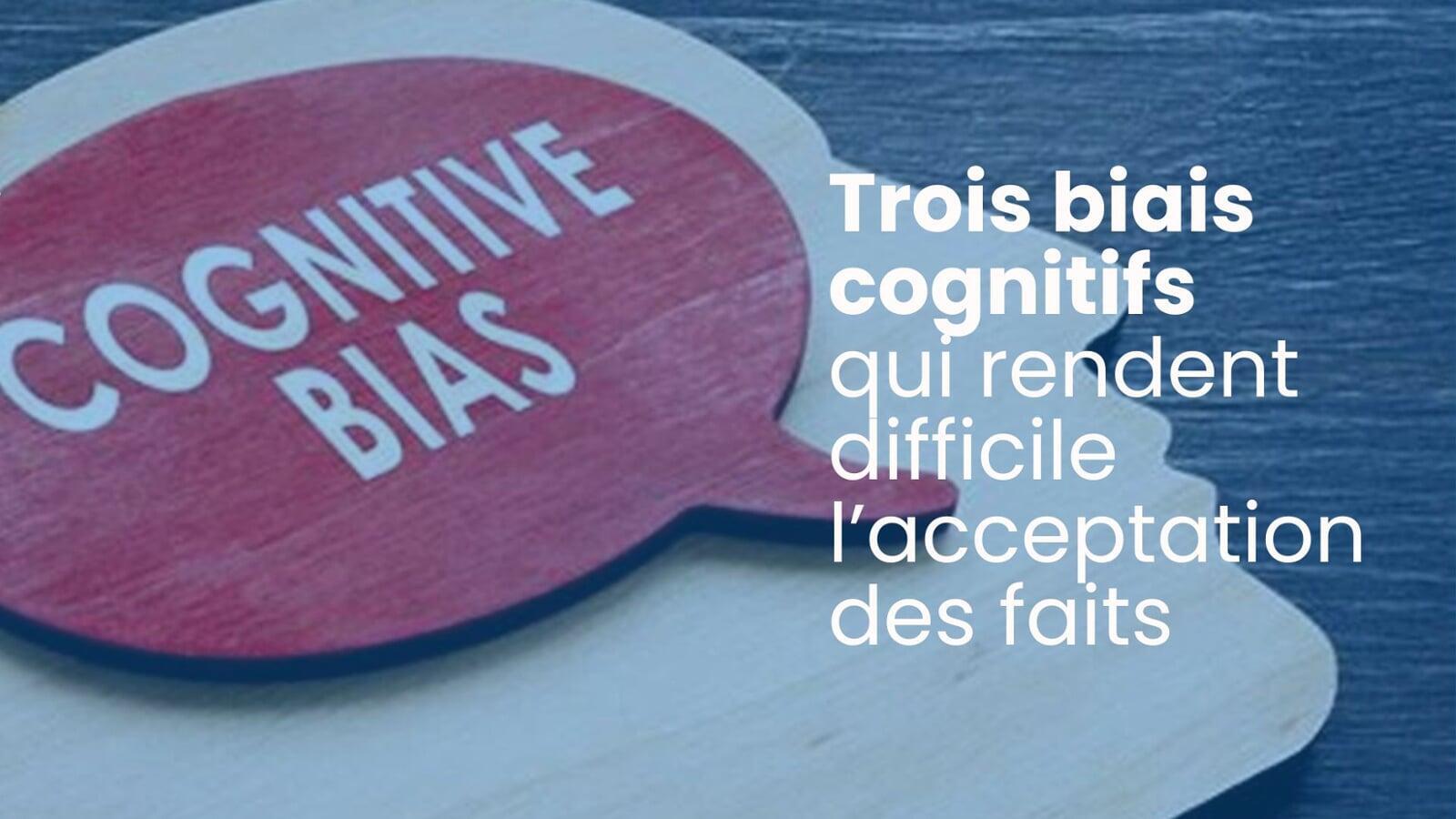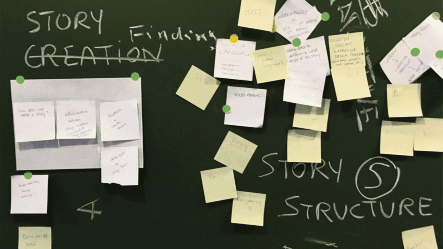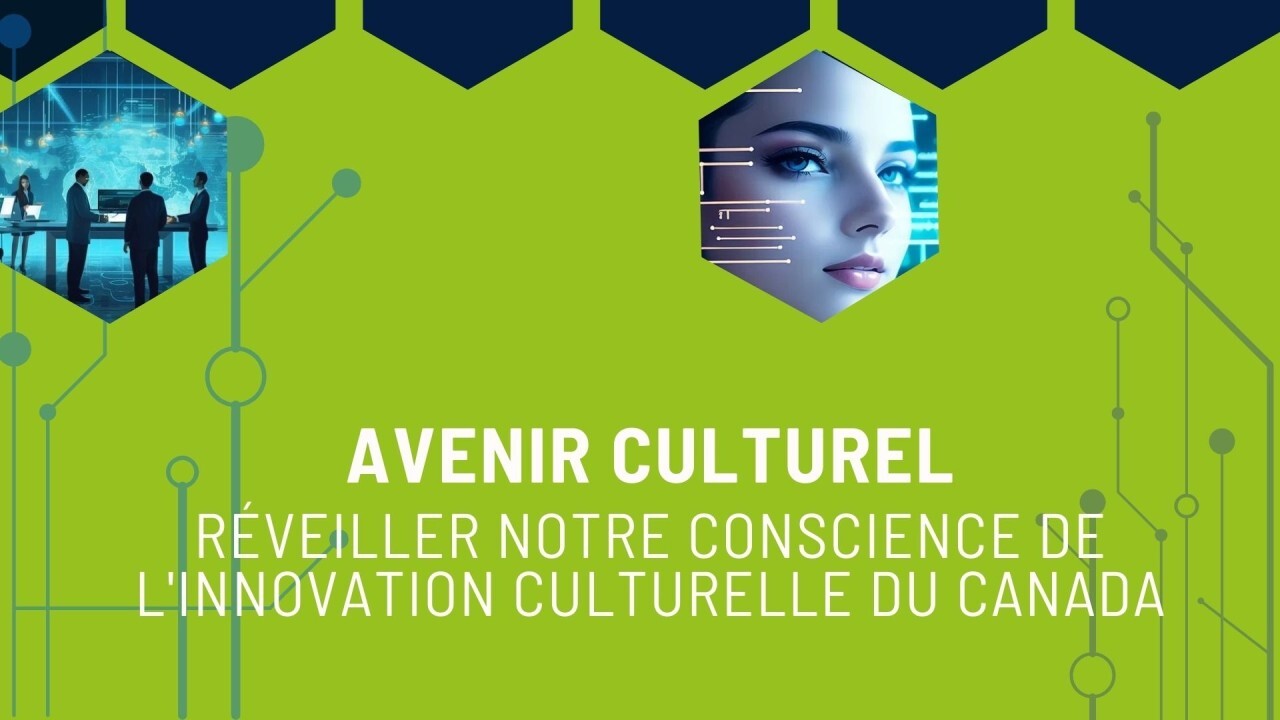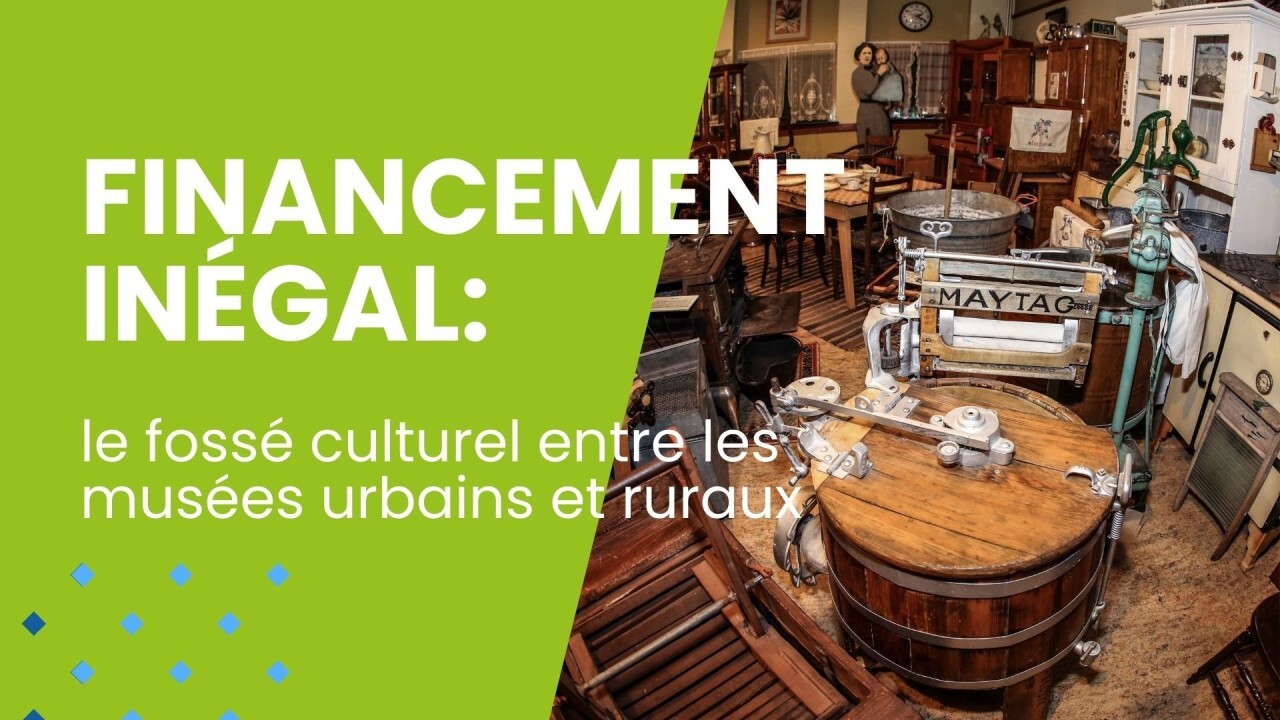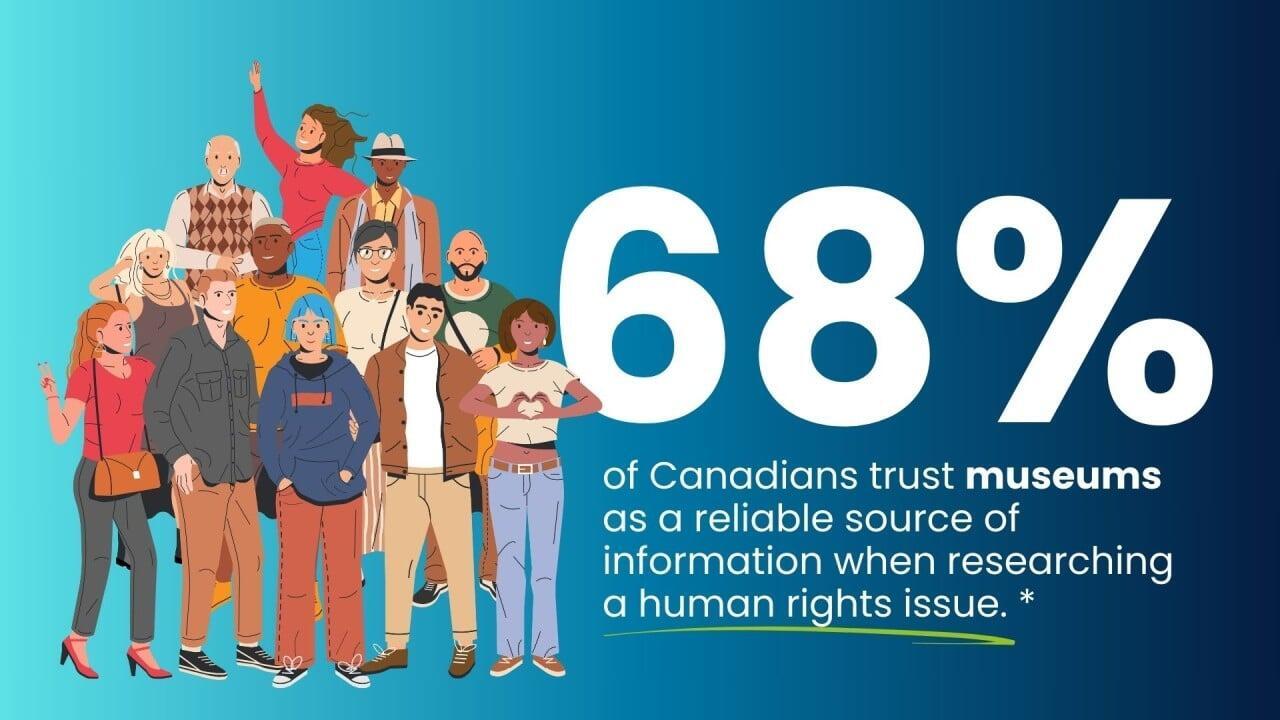Data has always shaped how we create, organize, and make sense of the world. However, it’s no longer just a background tool it is becoming central to how arts and culture organizations tell their stories, advocate for support, and build resilience.
Blog categorized as The Future of Culture
The cultural sector is undergoing a profound transformation driven by digital technologies and data-driven decision-making. Cultural professionals must develop digital skills while also embracing data analysis to inform programming, audience engagement, and operational strategies.
In an era where data drives decision-making in nearly every industry, cultural organizations in Canada are at a crossroads. This article introduces the need to unlock the full potential of data as a strategic asset.
One of the key elements to becoming a data-driven organization – data acceptance – may be the most difficult for cultural organizations to embrace. This article helps to shed light on three common cognitive biases that can make data-driven decision making more difficult.
In this article, we explore three key strategies to elevate your non-profit communications and captivate your audience by using data-driven storytelling.
We hope that the January edition of The Future of Culture has been both informative and evocative, and sets out the vision for this exciting new arts agency. But why? We hope that this article sets out our raison d'être.
This article highlights the real struggle of small museums to remain vibrant, viable and relevant part of their community's cultural fabric and deliver the same sustainable, impactful community benefits as their urban counterparts without a different approach to funding.
What role do museums play in today’s world of mixed messages and “alternative facts?” A pretty big and important one, according to research. This article outlines some of the steps cultural organizations can take to help counter misinformation and continue serving as a reliable source of facts.

